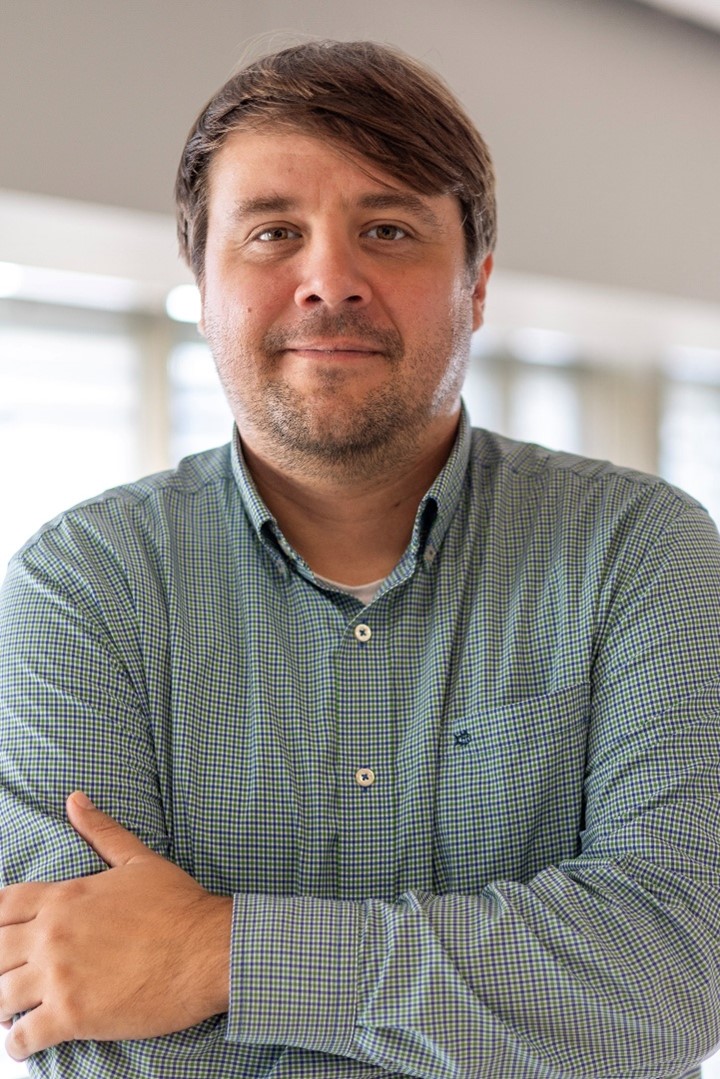Dr. Taylor H. Ware
Seminar Information

Stimuli-responsive polymers respond to their environment without requiring motors, sensors, or external control schemes. These materials can replace the functions of traditional machines in conditions or at scales where traditional actuators and electronics are difficult to employ. We will discuss harnessing the shape change of many liquid crystal elastomer structures to create 3D porous objects that self-assemble, morph, and then disperse on command. This is achieved by inducing dispersions of LCE ribbons to mechanically interlock. This approach mimics the aggregations of fire ants, worms, and caterpillars where many ‘responsive’ units can transiently aggregate to generate new collective functions. Ribbon shape and concentration dictate if aggregation occurs and govern the global mechanical properties of the solid that forms. These transient solids have unique properties, such as reversible solidification when heated and giant negative thermal expansion. While these synthetic materials mimic living organisms, we can also make composites from living organisms. Engineered living materials derive functionality from the characteristics of living and non-living components. We will describe two unique functions, growth and cell delivery, driven by the proliferation of embedded microorganisms within covalently crosslinked hydrogels. Living yeast–hydrogel and bacteria-hydrogel composites are capable of undergoing programmed shape change, where volume can increase by >5x. When the proliferating cells reach a boundary of the material, these cells are released to the surrounding environment. We will describe systematic relationships that govern cell release and the use of these composites to treat localized infections.
Taylor Ware is an Associate Professor in Biomedical Engineering and Materials Science and Engineering at Texas A&M University. Prior to joining TAMU in August 2020, he received his B.S. from the Georgia Institute of Technology (2009) and his Ph.D. from the University of Texas at Dallas (2013) in Materials Science and Engineering. Taylor completed postdoctoral training at the Materials and Manufacturing Directorate at the Air Force Research Laboratory. Dr. Ware was an Assistant Professor from 2015-2020 at the University of Texas at Dallas. His research interests include biomaterials, liquid crystal materials, engineered living materials, flexible electronics, and the interfacing of these technologies in medical devices. Dr. Ware is an author of over 75 peer-reviewed publications. He was a recipient of the Air Force Young Investigator Award (2017), the NSF CAREER award (2018), senior member status of the National Academy of Inventors (2022), and Fellow status of the American Institute for Biological and Medical Engineering (2024).
